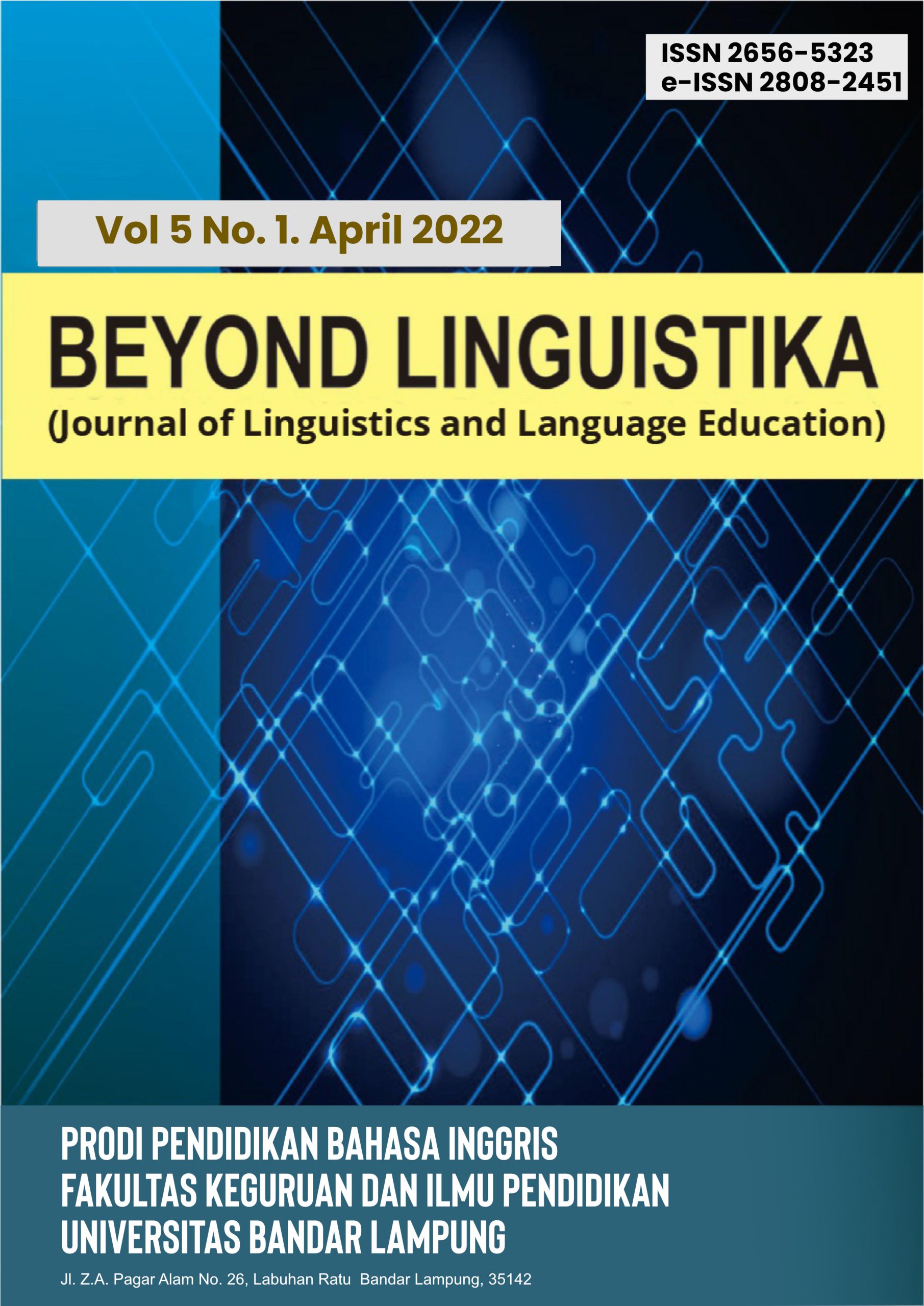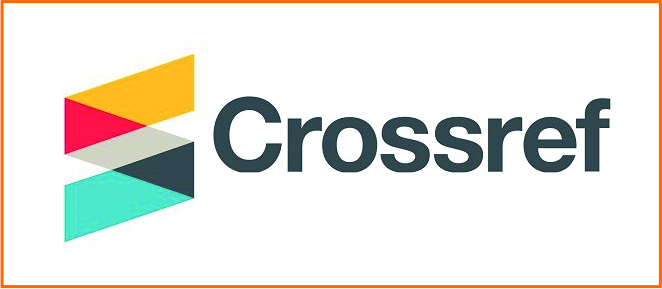THE USE OF CODED FEEDBACK TO ENHANCE THE LEARNERS’ AWARENESS AND ACCURACY IN EFL WRITING
Abstract
Keywords
Full Text:
PDFReferences
Bartram, M. & R. Walton (1991)
Correction. London: Language
Teaching Publications.
Chandler, J. (2003). The Efficacy of
Various Kinds of Error Feedback for
Improvement in the Accuracy and
Fluency of L2 Student Writing.
Journal of Second Language
Writing, 12(3), 267-296
Ellis, R. (1994). The Study of Second
Language Acquisition. Oxford:
Oxford University Press.
Ferris, D. R. (2003). Response to
Student writing: Implications for
second Language Students.
Mahwah, NJ: Lawrence Erlbaum
Associates.
Ferris, D. R., Pezone, S., Tade, C.
R., & Tinti, S (1997). Teacher
Commentary on Student Writing:
Descriptions and Implications.
Journal of Second Language
Writing, 6(2), 155-182.
Ferris, D.R., & Helt, M. (2000) Was
Truscott Right? New Evidence on
the Effects of Error Correction in L2
Writing Classes. Paper presented at
Proceedings of the American
Association of Applied Linguistics
Conference, Vancouver, B.C., March
–14, 2000.
Ferris, D. R., & Roberts, B. (2001).
Error Feedback in L2 Writing
Classes: How explicit does it need to
be? Journal of Second Language
Writing, 10(3), 161-184.
Gower, R., D. Phillips & S. Walters
(1995) Teaching Practice Handbook.
Oxford: Macmillan Education.
Harmer, J. (2001) The Practice of
English Language Teaching.
Edinburgh: Pearson Education Ltd.
Hedge, T. (2000). Teaching and
Learning in the Language
Classroom.Oxford: Oxford University
Press.
Hogue, A. (1996). First Step in
Academic Writing. New York:
Addison-Wesley Publishing
Company.
Krashen, S. D. (1987) Principles and
Practice in Second Language
Acquisition. Hertfordshire: Prenticehall International Ltd.
Leech, G. (1994). Students’
Grammar – Teachers’ Grammar –
Learners’ Grammar in Grammar and
The Language teachers, edited by
Journal of Linguistics and Language Education
| Beyond Linguistika
Vol.2, Nomor 2
beyondlinguistika@ubl.ac.id
Martin Bygate, Alan Tonkyn and
Eddie Williams. Prentice Hall
International (UK) Ltd.
Scott, V. M. (1996). Rethinking
Foreign Language Writing. New
York:Heinle & Heinle Publishers.
Wright, T. (1987) Roles of Teachers
& Learners. Oxford: Oxford
University Press
Xiang, W. (2004) Encouraging SelfMonitoring in Writing by Chinese
Students, ELT Journal, 58/3: 238-
S
Zamel, V. (1985). Responding to
Student Writing. TESOL Quarterly,
(1), 79-102. Sosyal Bilimler
Enstitüsü Dergisi Sayı: 22 Yıl :
/1 (397-415 s.) 414
DOI: http://dx.doi.org/10.36448/bl.v1i2.1785
Refbacks
- There are currently no refbacks.















